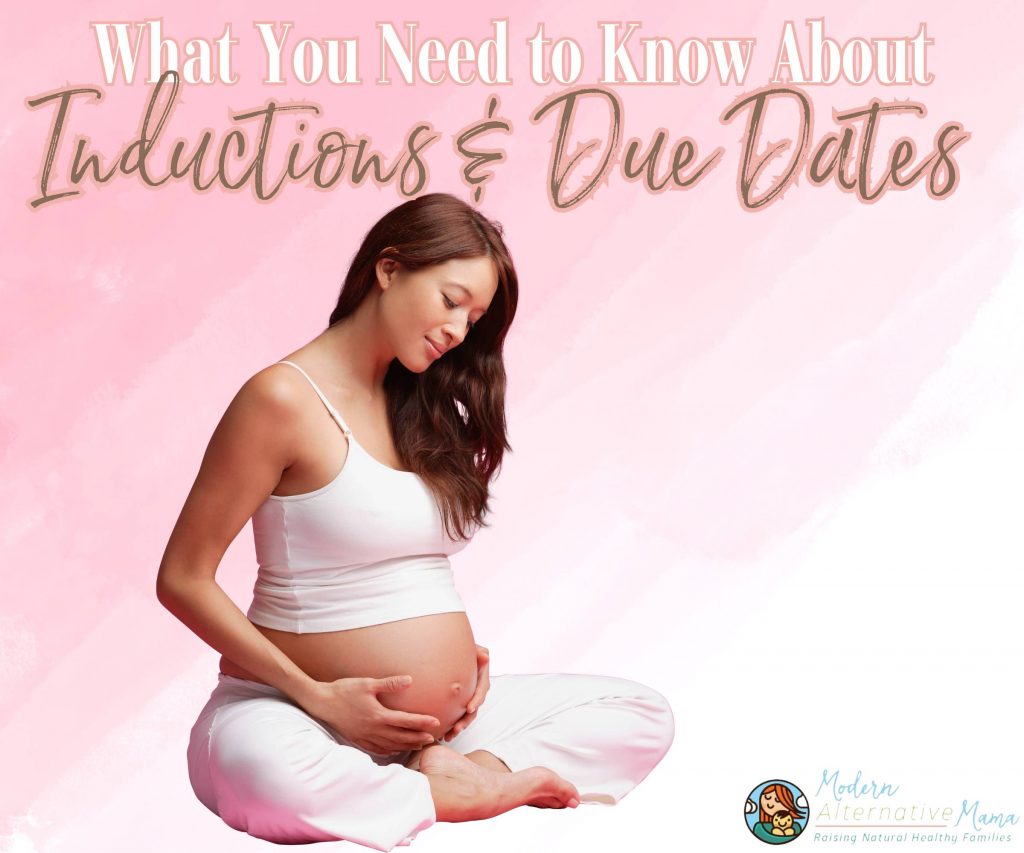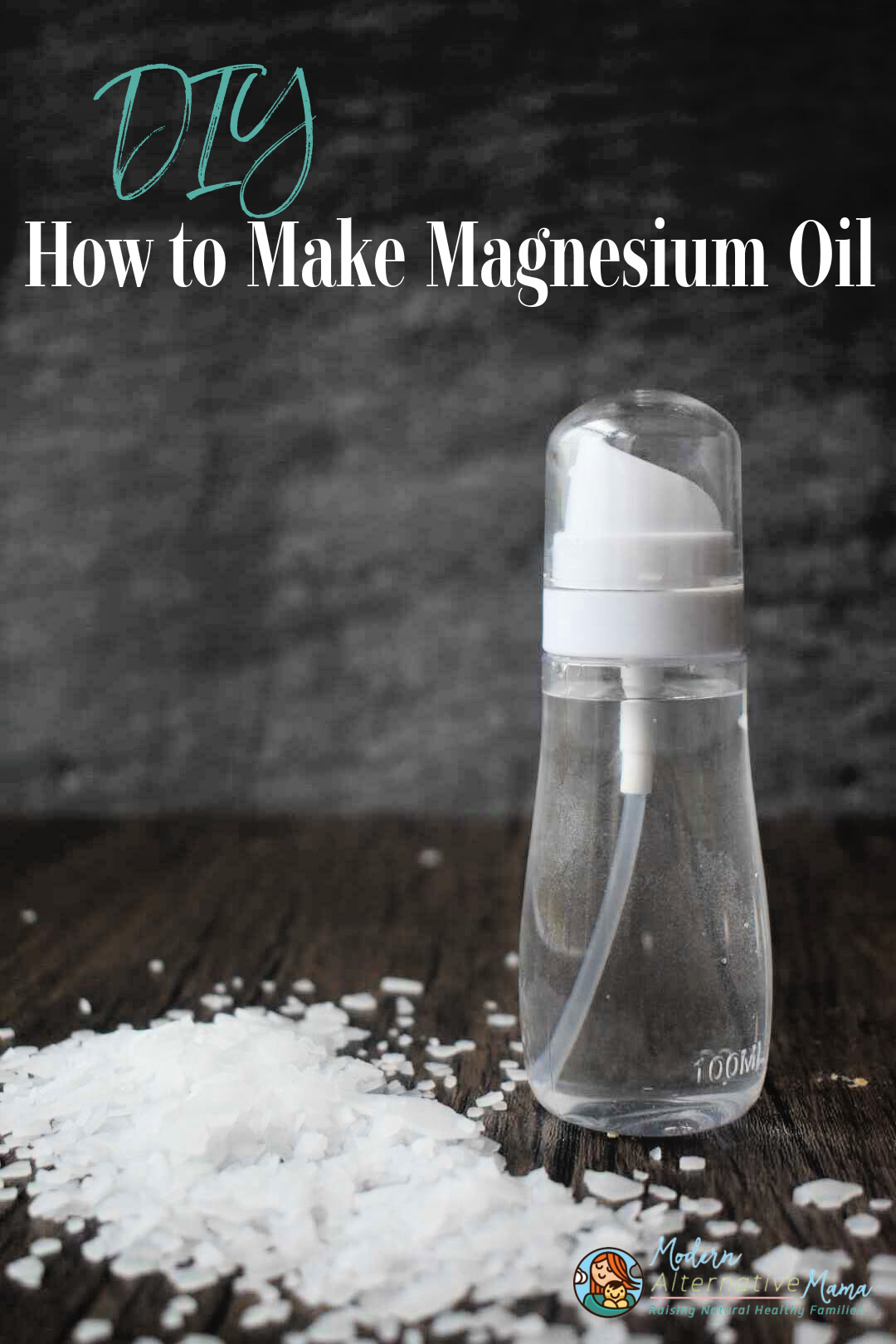in November of 2023.
Over the last few years, there has been a dramatic increase in the number of births that are being induced. Some are as early as 34 weeks, and others as late as 41 weeks. Talk about induction overkill! But why have inductions become so rampant? Let’s discuss it.
1. Many doctors work on their timeline, not your baby’s.
Birth rates are much higher at the end of the week for a reason. Many doctors are inducing labor so that they can still make their weekend retreats.
On the other hand, some women are afraid of going into labor while their regular doctor is out of town, so many women will ask to be induced to ensure they do not have to give birth under another’s care.
2. Many doctors give into the mother’s complaints of discomfort.
Discomfort at the end of pregnancy is to be expected. In our day and time of modern medicine, we can pop a pill for every ailment and pain. As a culture, we have gotten very acclimated to not feeling discomfort.
At the end of pregnancy, when the going gets tough, many women beg their practitioners to help move things along to end the discomfort more quickly, and the doctors abide by their patient’s wishes.
3. Many doctors deal with fear-mongering.
The modern medical community seems to forget that for the average pregnant woman, the body will take care of itself. Labor and delivery is a normal and natural process that should be allowed to happen, not intervened and interrupted.
- Being pregnant with twins does not necessitate an induction or c-section.
- A breeched baby can usually be delivered naturally with little to no complications.
- An ultrasound showing a larger baby should not be a warning sign to jump to an early induction or c-section.
- For more fear-mongering signals from doctors that should warn patients to look elsewhere for a more qualified physician, click here.
4. Many doctors are ill-informed about natural pregnancy and birth.
Doctors will not enjoy hearing this, especially considering their years of education and even experience dealing with pregnancy and birth. However, doctors are meant for sick people. They are taught to fix and heal.
The average pregnant woman needs no fixing or healing. The average pregnant woman left to herself will give birth to her baby with little to no help at all. The problem is that doctors seem to have difficulty just sitting back and allowing nature to take its course.
Doctors today are trained mainly for medicated births, epidurals, IVs, inductions, interventions, and surgery. They are trained for complications. Ask many unmedicated birthing mothers who have hospital births and ask for little to no intervention; many of these women endure a lot of frustration due to the medical staff’s constant badgering.
Doctors are wonderful allies if one needs medical care, but the patient must always take responsibility for self-education. Doctors are fallible, just like the rest of us.
Types of Medical Inductions
Chemical:
1.) Pitocin – This is an artificial version of the hormone oxytocin, which is responsible for naturally inducing labor and contractions. The artificial version does not act like the natural.
Your body’s natural production of oxytocin will spur labor at the pace your body and baby are prepared to follow. The average labor begins slowly, even many days before active labor begins. The cervix will slowly efface and dilate. The mother will often experience spurts of early labor where she will contract regularly for an hour or two at a time, and then the contractions will cease. This may happen regularly up until actual active labor begins. This is the body’s natural method to amp up for the real thing. The body slowly but surely will open up and allow the baby to enter the world.
On the other hand, when pitocin is given before the body or baby is ready, many times a snowball effect occurs. Pitocin brings contractions on hard and fast. An epidural is often needed to be able to bear the immense pain caused by the type of contractions that pitocin induces. The administration of pitocin often precipitates many other interventions, particularly in first-time moms. Because contractions are hard and fast before the body is ripe for birth, a baby often experiences an elevated heart rate. The mother cannot help the baby’s elevated heart rate with movement because of her epidural. Contractions agitate and distress the baby. When medical staff detect an elevated heart rate that they are unable to bring back down, often a c-section is imminent.
2.) Cytotek – The FDA does not approve this drug for use in labor induction. However, it is used off-label regularly. For most women, it works very efficiently at ripening the cervix. Many times, it is paired with pitocin to induce more contractions. For those women that it does not work very efficiently, it can be DEADLY. This drug is very dangerous and has been linked with both maternal and fetal deaths. Read more on this here.
3.) Gels/ Suppositories – These can be placed right by the cervix to help effacement. There can be several side effects, such as nausea or headaches. Many times, your medical institution will not allow you to leave once the drug has been administered.
Gels and suppositories can take quite a while to prove effective, so a long wait at the hospital might not be favorable. Also, if the gels and suppositories do not work on your doctor’s timeline, he might push for stronger methods of induction, such as pitocin.
Procedures
1.) Breaking the Water Bag – A small, long, hooked tool is inserted past the cervix to make a small tear in the water bag. Once the bag of water is broken, most medical institutions require that a woman give birth within twenty-four hours for fear that infection might occur. If the woman’s body is not ripe and labor does not turn active or increase with this procedure, then other induction methods will be pursued by your physician.
2.) Stripping or Sweeping Membranes – Many times, this method of induction is done right in the doctor’s office. Your physician will insert his fingers into your vagina as if checking the dilation of the cervix and gently sweep the membranes that separate the amniotic sac from the cervix. This stripping will also release the hormone prostaglandins, which may also induce labor naturally.
If the body is not ripe for labor, sweeping of the membranes may not induce labor but may, in fact, open a door for infection because the protective membranes are no longer there to keep infection at bay.
3.) Foley Balloon Catheter – A Foley balloon catheter is placed in the cervix and filled with saline. The purpose is to help the cervix dilate. Testimonials seem to concur that this is a very uncomfortable and even painful experience. To help the cervix dilate, medical staff may tug the catheter several times each hour to help move things along.
This method of induction does not have an extensive amount of side effects. However, some research correlates the use of the Foley balloon catheter and uterine rupture, but this is rare. Suppose the Foley balloon catheter method of labor induction is used, and labor is not induced. In that case, there is a possibility that infection could be introduced to the cervix, which could be dangerous if labor does not begin soon.
If this induction method is ineffective, your physician will more than likely pursue another method, such as gels, suppositories, or Pitocin.
A Word On Due Dates
It is important to remember that a due date is not an expiration date but an estimated date for when your baby might come around. According to ACOG, an average pregnancy lasts anywhere from 37 to 42 weeks. The idea of an average pregnancy being only 9 months is a complete fallacy. Most pregnancies are at least 9.5 months, if not 10 months. This is completely normal!
It is hard to watch your due date come and go. I know as I have been there. However, it is important to remember that in the same way that not every baby develops the same once outside the womb, not every baby will develop the same inside the womb. A pregnancy is not a one-size-fits-all deal.
Many ways to ease discomforts in late pregnancy include physical therapy, chiropractic care, and acupuncture. It is highly important to remember that your baby will arrive when they are ready to arrive. Pushing the baby to arrive any earlier than absolutely necessary can be harmful, even if not immediately. Babies that come before their time are more susceptible to many risks.
To read more on the problems and hazards of labor induction, click here.
Going Post Dates
ACOG states that a true post-dates pregnancy is uncommon, and usually, if a woman passes 42 weeks of pregnancy, it is usually due to a miscalculation in dates. However, ACOG does make a point to say that a woman who is pregnant for the very first time or a woman who has had a post-term pregnancy before, in particular, is much more likely to go post-term again. In fact, ACOG says that this should be “expected.” (ACOG)
ACOG lists a few concerns for pregnancies that truly last the past 42 weeks but nothing that cannot be monitored closely without the probability of intervention. Certain rare risks include:
1.) Placental Failure
2.) Decrease in Amniotic Fluid
3.) Risks to Baby: Dysmaturity Syndrome, Macrosomia, Meconium Aspiration
4.) Increased Risk of C-Section
These risks sound scary initially, but all of these can be easily monitored by ultrasound and even by less invasive tests such as kick counts and non-stress tests. Many doctors act as though these risks become high the moment you reach 42 weeks or even before. This is just not true. ACOG itself does not support these actions by doctors unless absolutely necessary for a legitimate medical reason. (ACOG)
Click here for encouragement for those going overdue or post-dates.
How To Naturally Induce Labor
There are many ways to naturally induce labor. It is important to educate yourself and consult with your medical provider or midwife, although sometimes medical physicians might be less than excited about some natural induction methods.
Natural induction methods are definitely preferred to medical but should only be used if a true medical reason necessitates induction. Remember that your baby will come in their own time, and your body will work accordingly!
1.) Essential Oils such as primrose oil and clary sage oil are safe to use well after your due date to help with natural induction.
2.) Chiropractic Care is a great way to stay comfortable at the end of pregnancy and keep the body in prime condition to begin labor all on its own. Chiropractic care can even aid breeches and back labor.
3.) Acupuncture for induction is very effective. Acupuncture has been used for ages, is not painful, and works! I went 2.5 weeks overdue with my third child, and acupuncture did the trick overnight. Your acupuncturist will often book you for three consecutive sessions after your due date. If these sessions do not induce labor, then your body is not ripe, and it would behoove you to wait a week or so before attempting again to allow your body to prepare for labor.
4.) Sex is the most natural and fun way to induce labor. Semen naturally effaces the cervix, and the extra activity going on down there can spur contractions along as well as an orgasm in the mother. So the same thing that got that baby cookin’ can set the timer off, too! My husband always makes the point that you might as well get all that sex in right before the baby comes because once the baby arrives, it is usually a while before you are both “in the mood” again at the same time due to schedule change, lack of sleep, and for the mom some healing time.
Conclusion
It is very important to let go of our preconceived notions that due dates are expiration dates and that pregnancy is only a nine-month commitment. Our commitment is to our baby and their best health.
Some medical conditions might necessitate a medical induction, but it is very important to self-educate on the risks and benefits of early induction. Going overdue is not a reason to induce labor. Going past your due date is normal and should be expected, particularly in first-time mothers. Allow your body to work for your baby. Your baby will come when they are ready. Hurrying that process along is only inviting complications and further interventions.
Pursuing natural methods of induction is preferred if you must. There are many ways to naturally induce labor, but this should be done only after thorough self-education and consultation with your midwife or medical physician.








The term “natural induction” is an oxymoron. Herbs, acupuncture, etc can often get women into the birth process but it will stall out at some point. When I see a woman giving birth and things are starting, then stopping, then starting again, etc., I always ask “Did you take something to get things going?” Inevitably they reply that they just went for some acupuncture or just took some castor oil, etc. We need to realize that there are many things about why the baby is being born on the perfect day that we do not understand (and never will). Women, I caution you to stay away from the “natural induction”, too.
I would say that most OB’s are not trained in natural childbirth. In the business of being born they interviewed several residents and none of them had even SEEN a natural birth in their residency!
For my first two pregnancies I was induced both times 9 days past due date due to low amniotic fluid. It was very hard to trust the doctors and go for the induction because I also felt that pregnancy is a natural thing and my body would just do it when ready. They have all their reasons though like the placenta starts deteriorating, etc. For the second pregnancy I tried accupunture for two weeks before my induction and it seemed to have no effect. For my third I was one of those people requesting to be induced. I was already a week past due date and my husband had just started a new job and he could not take anytime off of work so we had to deliver on the weekend. It is always hard to know whether or not we are making the right decision at the time and there are so many factors involved usually. I can say this much though, I have not had a delivery without induction to compare to but as far as I am concerned being induced sucks!!
I have been given pitocin with all 5 births…they told me because my babies are high (?) This last delivery I told them I did not want pitocin but since 3 hours had passed and nothing had progressed (i was dilated to an 8) I HAD to have pitocin to get things moving. The positive thing is I had hard labor for a half hour and then my water broke and she came out after 2 pushes (totally drug free this time). I think it is the insurance companies who are pushing to get women in and out…I felt like I was on an assembly line. Next time I am going to try a birthing center…I couldn’t figure out why I had to have pitocin…I felt violated of my rights.
[…] care provider induce or schedule a C Section before term without medical indication. On that note, you should never accept these procedures unless there is a valid medical […]